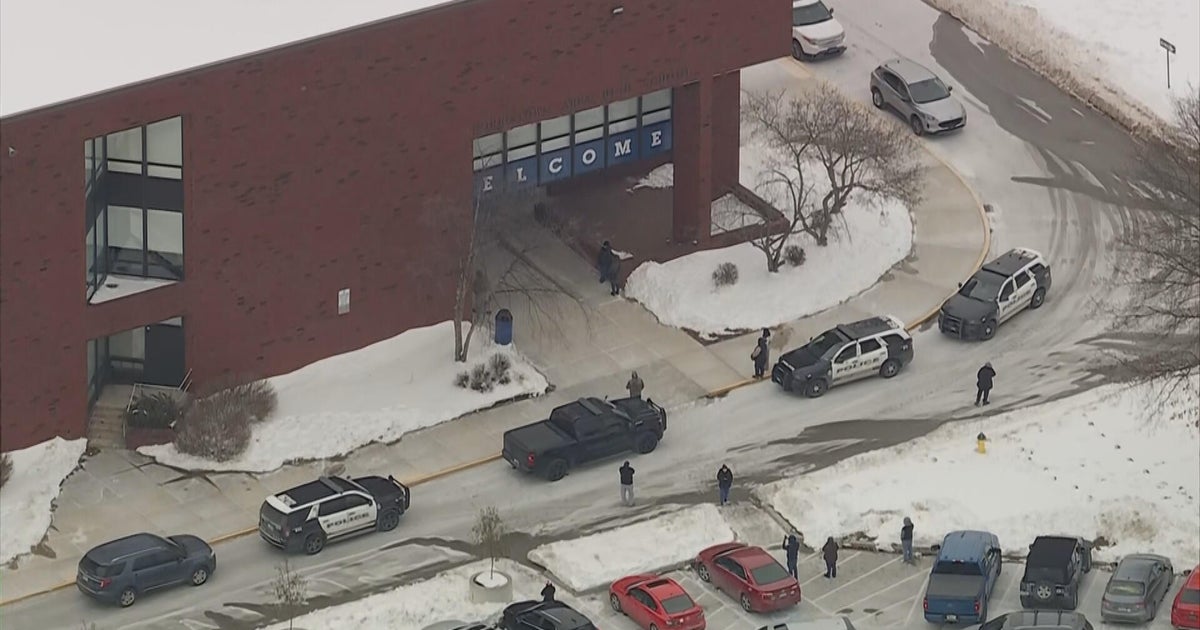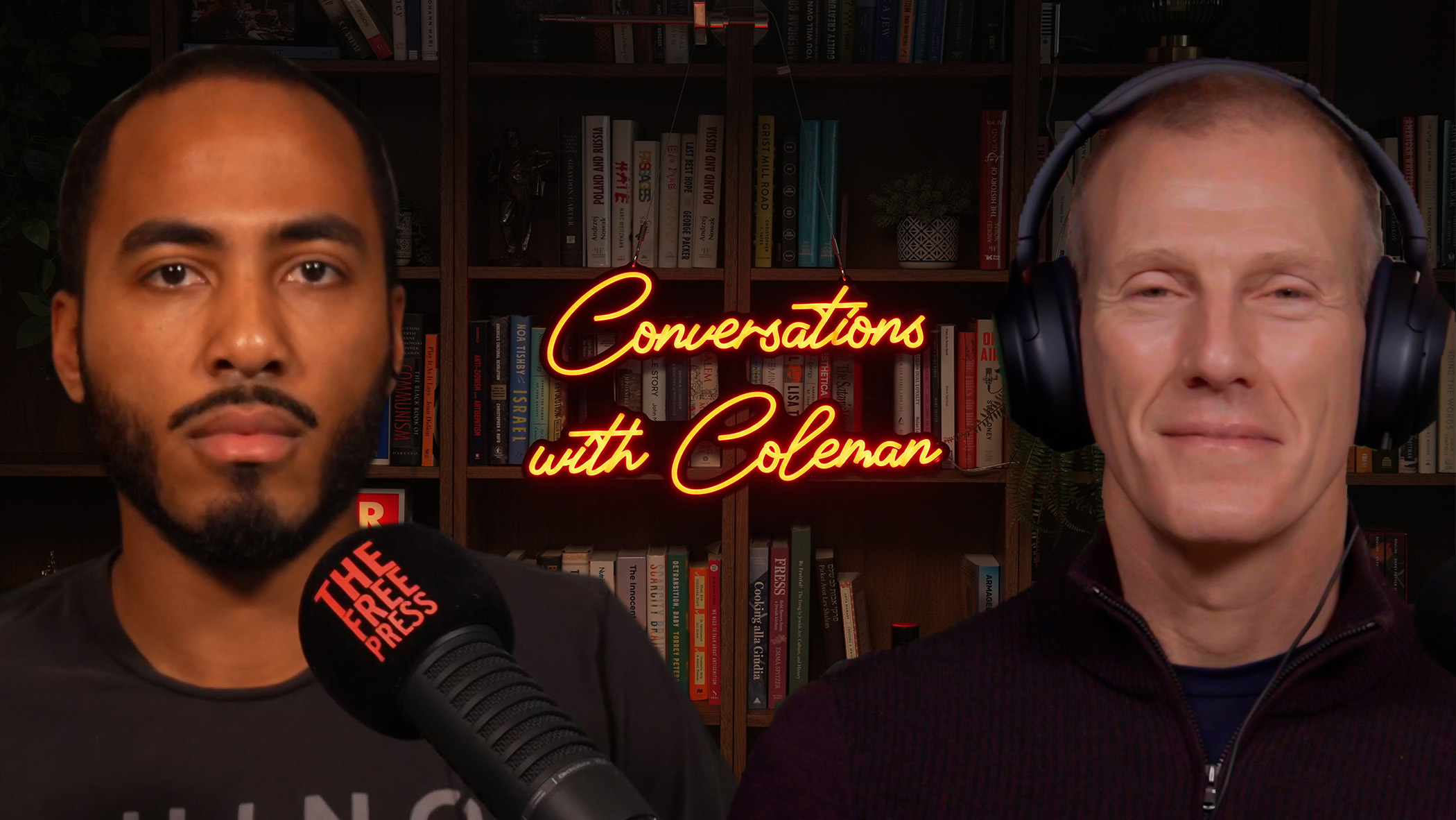Condoleezza Rice says early dismissal of coronavirus lab leak theory was a "mistake"
Washington — Former Secretary of State Condoleezza Rice suggested public health officials in the United States made a "mistake" in the early weeks of the pandemic by dismissing the possibility that the coronavirus accidentally leaked from a laboratory in Wuhan, China.
"There was too much of a tendency early on to dismiss this possibility of a laboratory leak, and I think there was a lot, and I think the press bears some responsibility for this," Rice said in an interview with "Face the Nation" that aired Sunday. "'Well, it had to be animal-to-human transmission.' These were conspiracy theories about a laboratory leak. And in fact, some of the evidence was right in front of our faces."
Rice, who was national security adviser to President George W. Bush during the SARS outbreak in 2003, said there were concerns about the laboratory in Wuhan, where the first cases of the coronavirus were reported, and its "substandard" safety practices, as well as intelligence that some patients presented with "suspicious symptoms" in November 2019.
"Maybe that was the time to start asking tough questions," she said.
President Biden last month ordered the intelligence community to "redouble" its efforts to investigate the origins of COVID-19 after The Wall Street Journal reported three researchers at the Wuhan Institute of Virology sought hospital treatment in November 2019 after becoming sick, one month before China reported the first cluster of coronavirus cases. The president gave the intelligence community 90 days to examine the possible origins of the pandemic, including specific questions for China.
Rice said that at the start of the pandemic, the U.S. "perhaps didn't say enough" about the issues with the World Health Organization leading the investigation into COVID-19's origins and "allowing the Chinese to control the territory." The U.S., she continued, encountered similar challenges with China during the SARS outbreak.
"We knew something was happening. We couldn't get answers from the Chinese. And so if we're not going to keep repeating this problem — and this one had much more devastating consequences — then we're going to have to be a little bit more aggressive with the Chinese about the need to cooperate," Rice said. "But I think we made a mistake earlier on. Many, many people, many officials dismissed this possibility."
Rice also defended former President Donald Trump's decision to bar entry into the U.S. by foreign nationals traveling from China and impose other travel restrictions to mitigate the spread of the coronavirus, which he was criticized for at the time.
"Turns out they were incredibly appropriate," she said. "Maybe there was a little bit too much of trusting of the Chinese. I'm going to give people a break, too, during this time. When you're in the middle of one of these unfolding crises, you don't really know what's going on. But I would, given what we experienced with SARS and oh, by the way, with avian flu as well in the early 2000s, I don't think it was worth trusting that the Chinese were being transparent about what was going on there."
In addition to discussing the COVID-19 pandemic, Rice also spoke about January 6 assault on the U.S. Capitol and the need for an independent commission to investigate the attack. While the House passed with bipartisan support a bill creating a commission to examine the events of January 6, Senate Republicans blocked the measure in the upper chamber.
Rice called the riots by a mob of Mr. Trump's supporters on January 6 a "terrible stain on our democracy" but said the nation's systems held that day, as Congress and Vice President Mike Pence returned to finish counting the electoral votes and reaffirm Mr. Biden's victory.
"We have a really terrific system. It was tested on that day. We need to understand what happened with security. We need to understand the nature of that test," she said.
Rice said the nation has a history of turning to its "elders" to conduct examinations of events, as the 9/11 Commission and Iraq Study Group did, but said the issue today is a lack of trust in Washington to ensure an investigation is done in a trustworthy manner.
"There just isn't enough trust in the Congress right now because we have constant discussions about, how am I going to simply push you aside and do what I want to do?" she said. "So let's just recognize that we are not in 2004 when the 9/11 Commission was constituted and worked, and try to find a way to get to a set of answers about what happened on January 6. I would prefer that this were not the case … but maybe we have to think about ways to do this outside of our electoral bodies."



